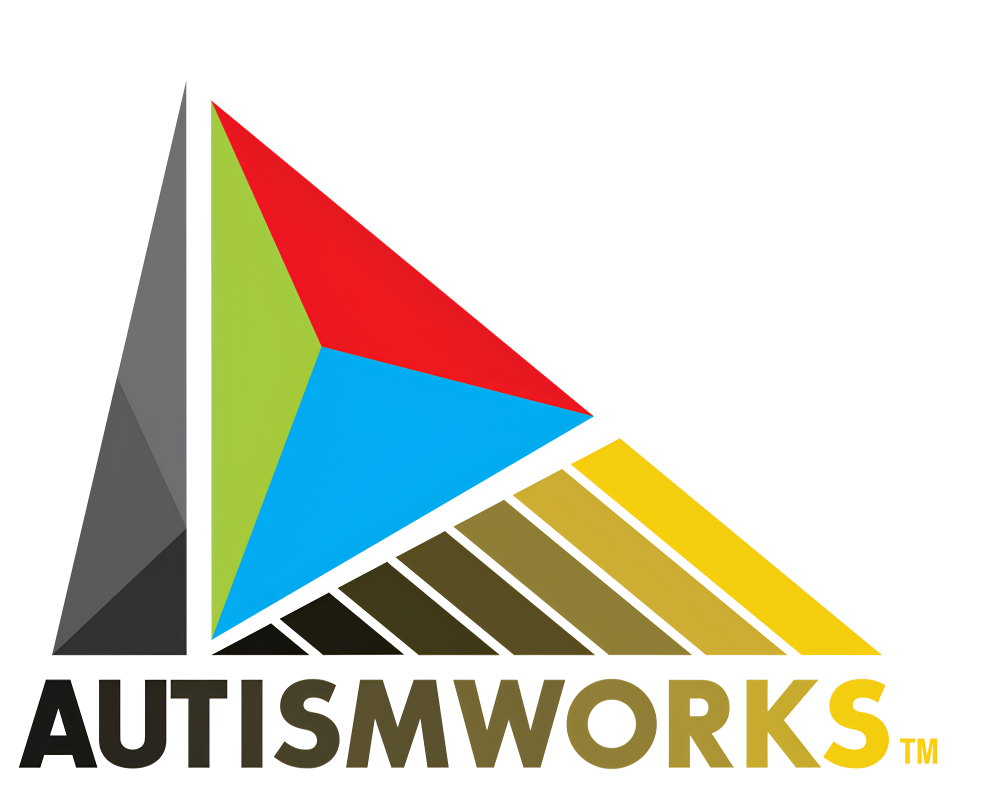Charting Your Path: The Journey to Independence
Hello AutismWorks Community,
Living independently is a significant milestone—one filled with challenges, opportunities, and immense personal growth. It’s about making decisions, managing responsibilities, and discovering the confidence to lead your own life. For individuals with autism, this journey toward independence may take unique paths, but every step is a testament to resilience and determination.
In this edition, we’ll explore practical strategies and tools for building independence, fostering the confidence to navigate life’s challenges, and celebrating the victories along the way.
What Does Independence Look Like?
Independence means something different for everyone. For some, it’s about managing a home and a career, while for others, it might mean making daily choices like preparing meals or creating a schedule. Independence isn’t about doing everything alone—it’s about having the confidence and skills to lead your life in a way that works best for you.
Some aspects of independence might include:
- Daily Living Skills: Cooking, cleaning, and managing personal hygiene.
- Decision-Making: Choosing how to spend time, what to buy, or which goals to pursue.
- Social Skills: Building and maintaining relationships while communicating effectively.
- Financial Management: Budgeting, paying bills, and saving for the future.
Steps to Building Independence
Achieving independence is a process that happens one step at a time. Here are some practical steps to begin the journey:
-
Start with Small Responsibilities
Independence begins with mastering smaller tasks that build confidence. Start with manageable goals, like preparing a simple meal or doing laundry, and gradually work up to more complex tasks. -
Create Visual Guides
Step-by-step instructions, like visual schedules or checklists, can make it easier to learn new tasks. These tools provide structure and clarity, helping individuals feel confident in completing tasks on their own. -
Practice Problem-Solving
Encourage independent decision-making by discussing potential scenarios and brainstorming solutions. Role-playing can help build the confidence to face unexpected challenges. -
Use Technology as a Tool
Apps and devices can simplify many aspects of independent living. Calendar apps, budgeting tools, and meal-planning apps are great resources for staying organized and on track.
Embracing Challenges as Part of Growth
Living independently comes with its share of challenges, but each one is an opportunity to learn and grow. Here are some ways to build resilience during this process:
- Celebrate Progress: Every milestone matters, no matter how small. From cooking a first meal to navigating public transportation, each success builds confidence.
- Learn from Mistakes: Mistakes are a natural part of becoming independent. Encourage self-reflection and use mistakes as learning experiences rather than setbacks.
- Ask for Support When Needed: Independence doesn’t mean doing everything alone. Knowing when and how to ask for help is an important skill that supports long-term success.
Becoming Your Own Leader
Independence isn’t just about managing daily life—it’s about becoming your own leader. This means taking charge of your decisions, embracing your passions, and building a life that reflects who you are. Here’s how to step into that leadership role:
- Set Personal Goals: Identify what you want to achieve and break those goals into smaller, actionable steps.
- Make Decisions with Confidence: Trust your instincts and take ownership of your choices, even when they don’t turn out as planned.
- Build a Support Network: Surround yourself with people who encourage your independence and celebrate your progress.
Independence Is a Journey, Not a Destination
Living independently is an ongoing process that evolves with time. It’s a journey of self-discovery, growth, and empowerment. Whether you’re just starting with small tasks or taking bigger leaps, each step forward is a victory.
At AutismWorks, we’re here to support that journey, providing tools, encouragement, and a community that believes in the power of independence. Let’s continue to inspire one another as we build lives of confidence, self-leadership, and resilience.
Warm regards,
Tyler McNamer



Responses